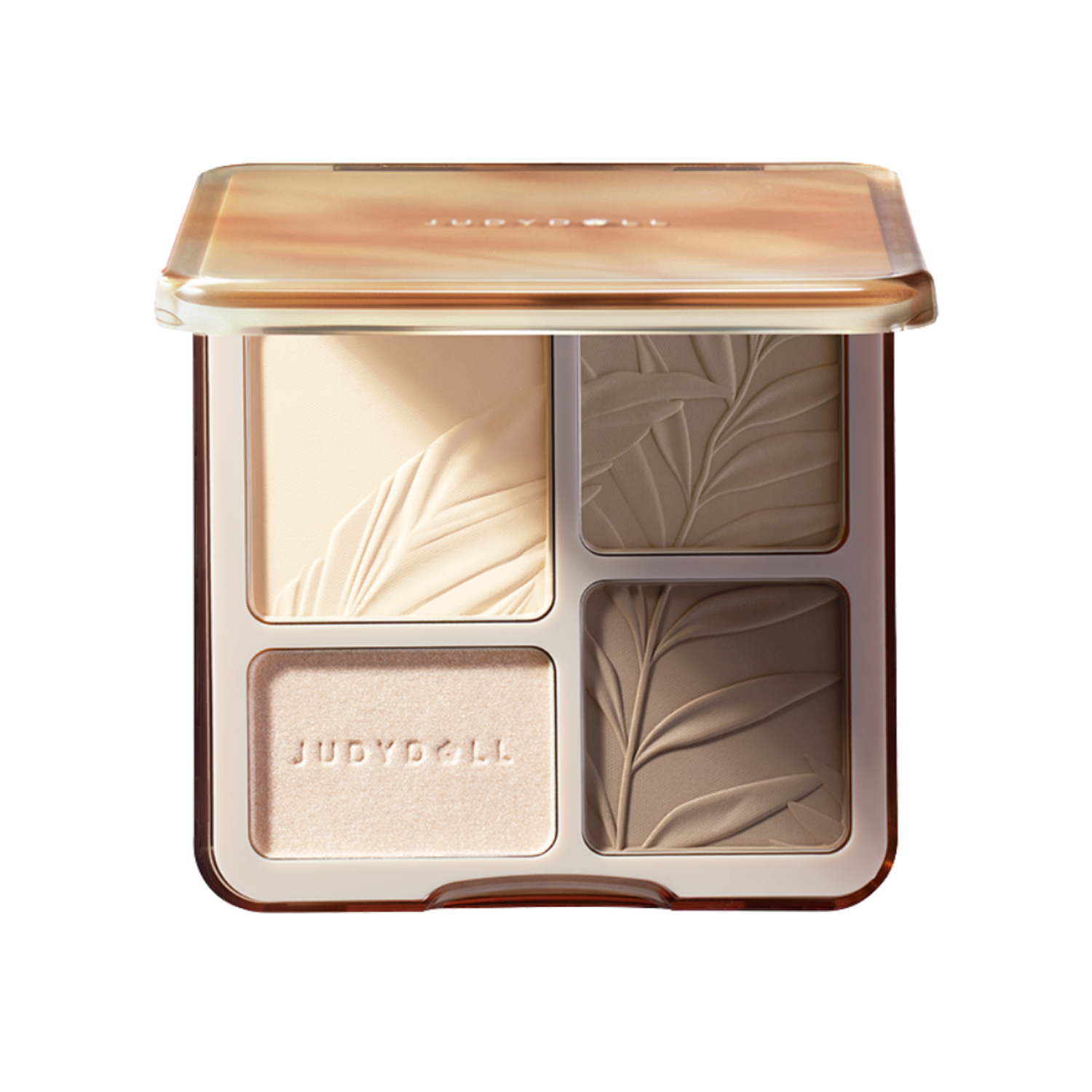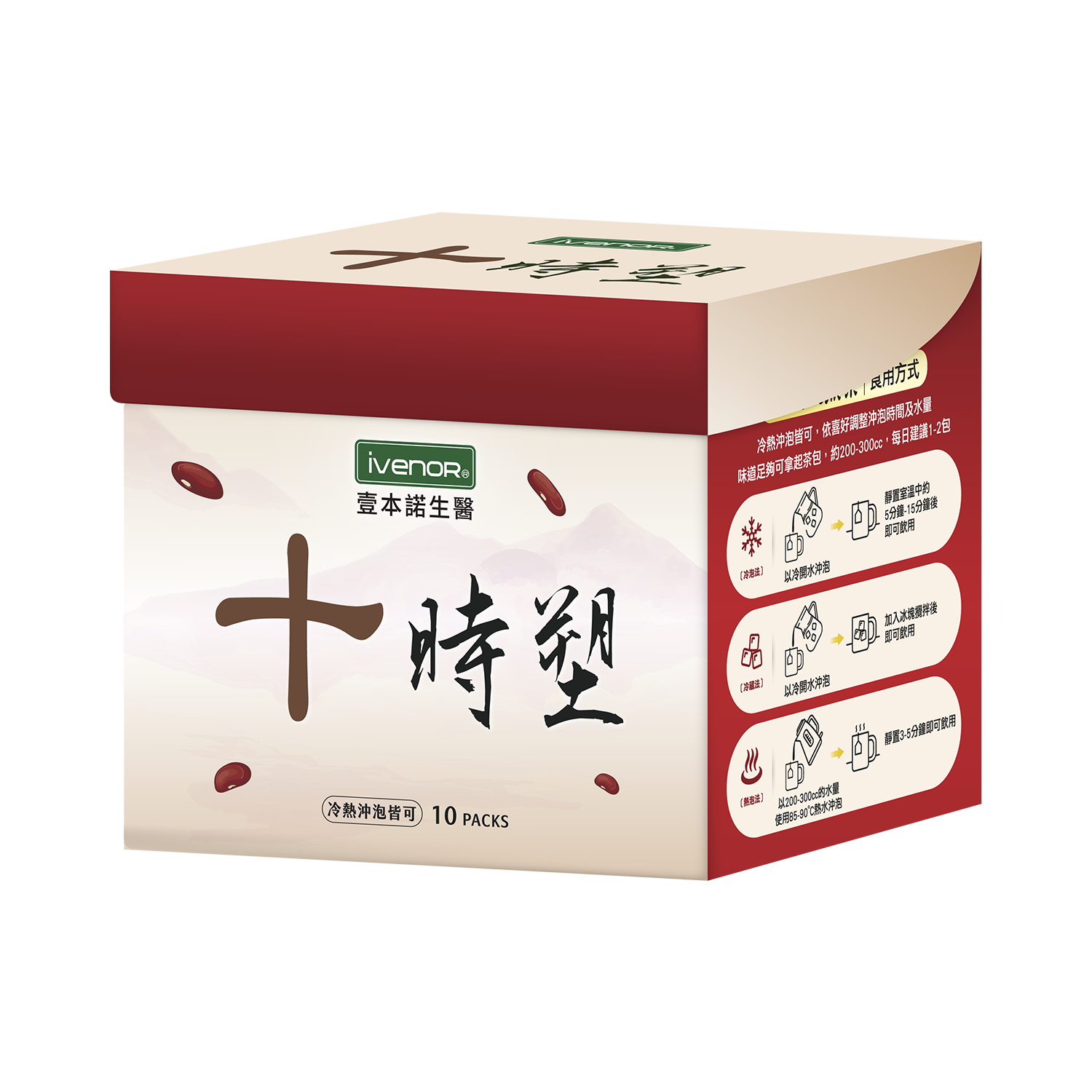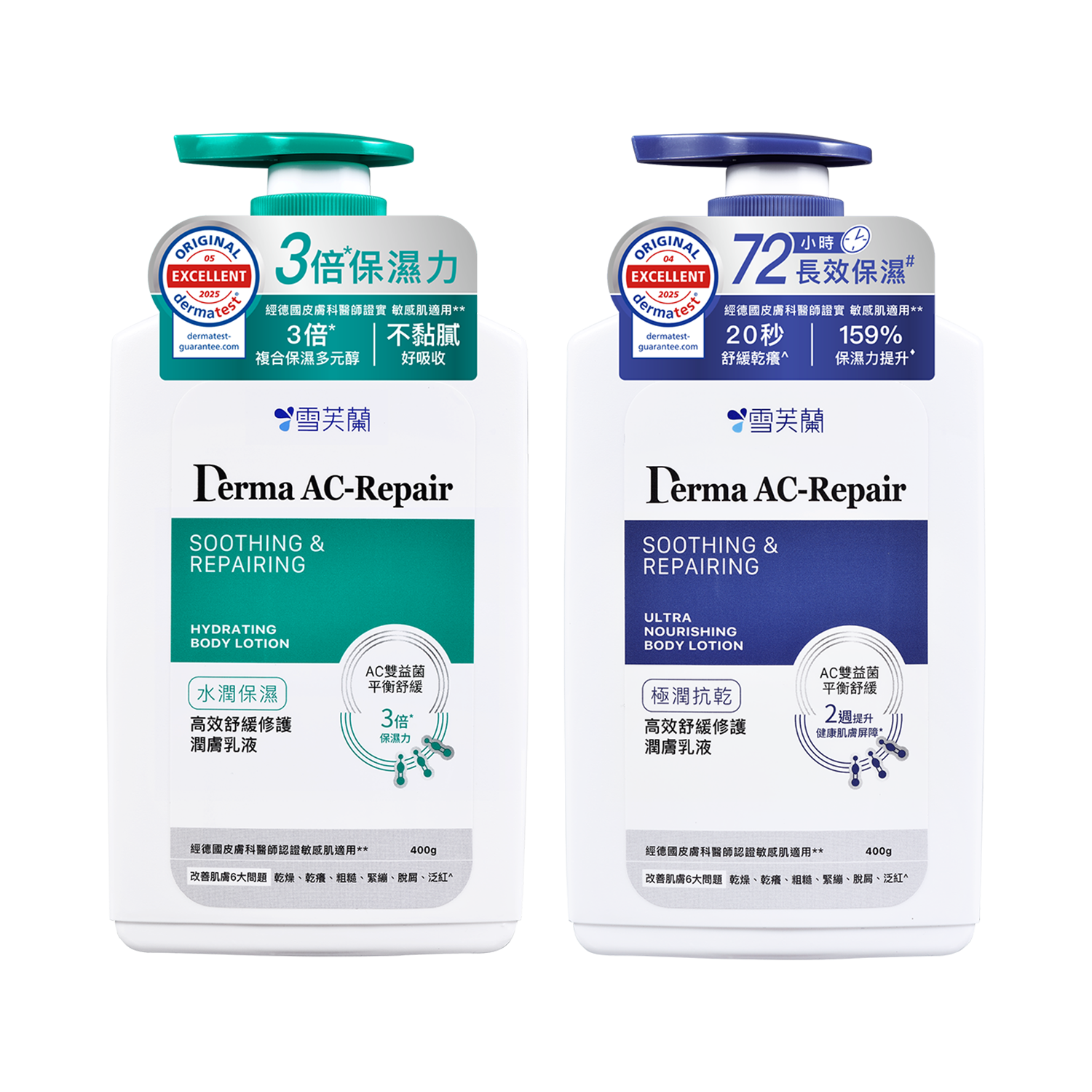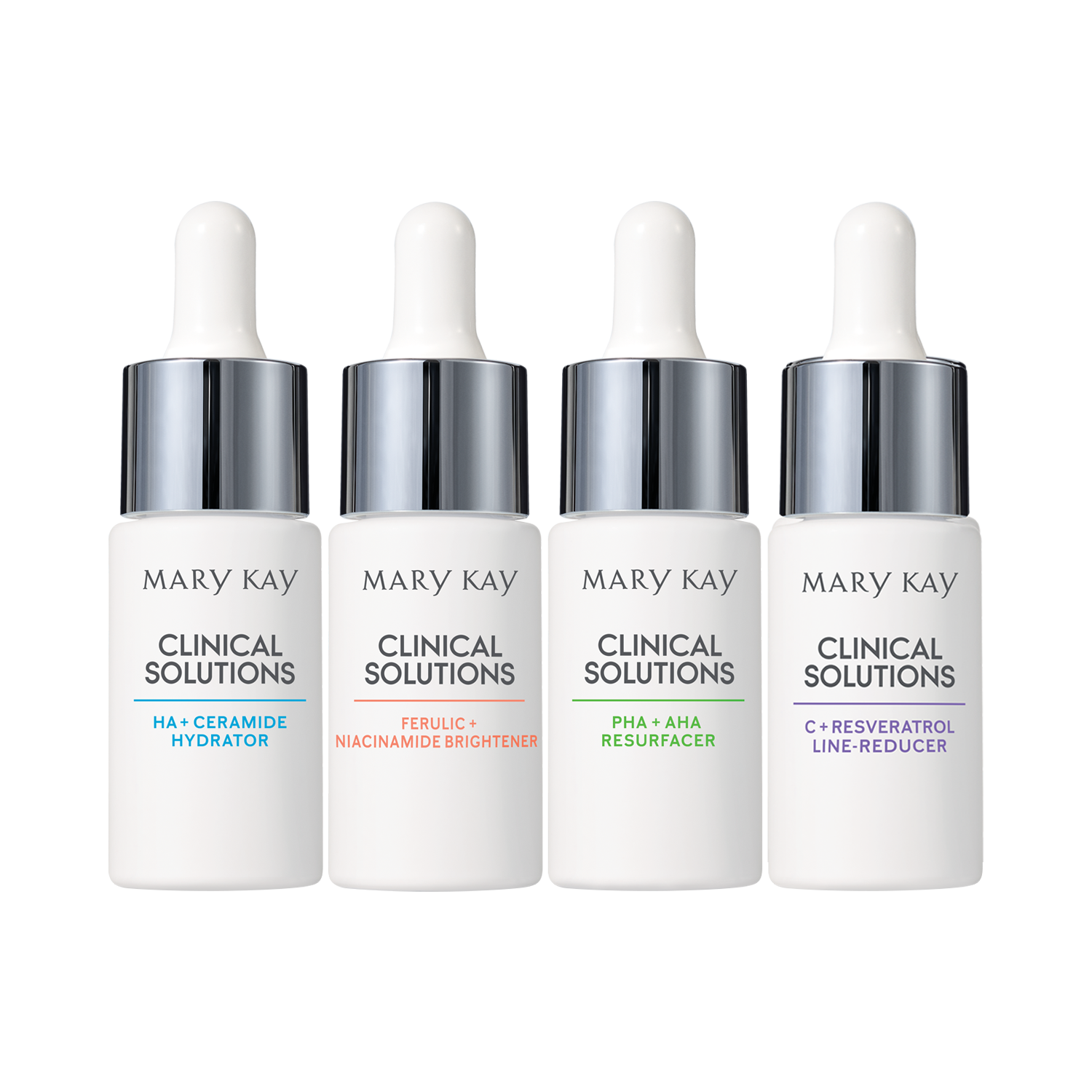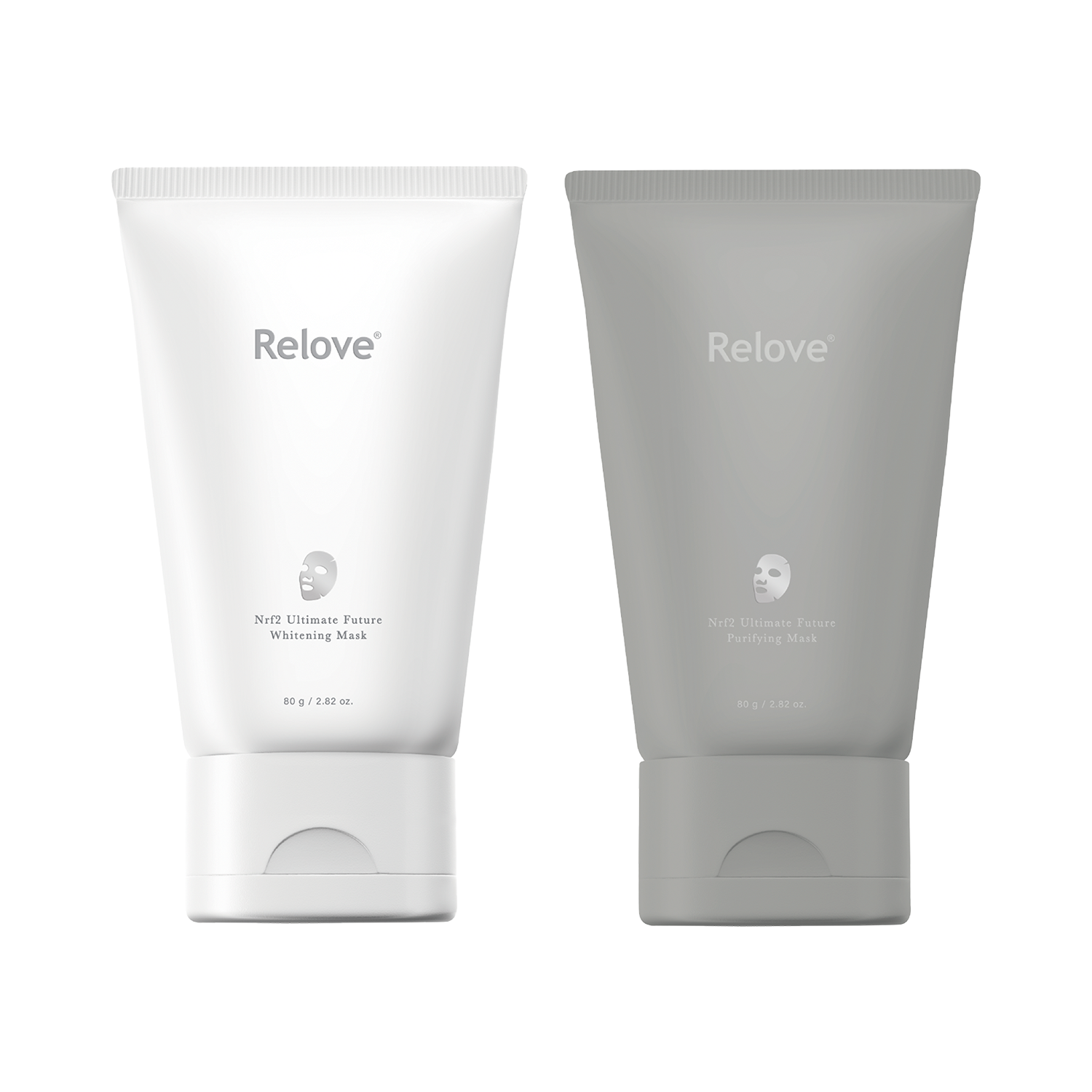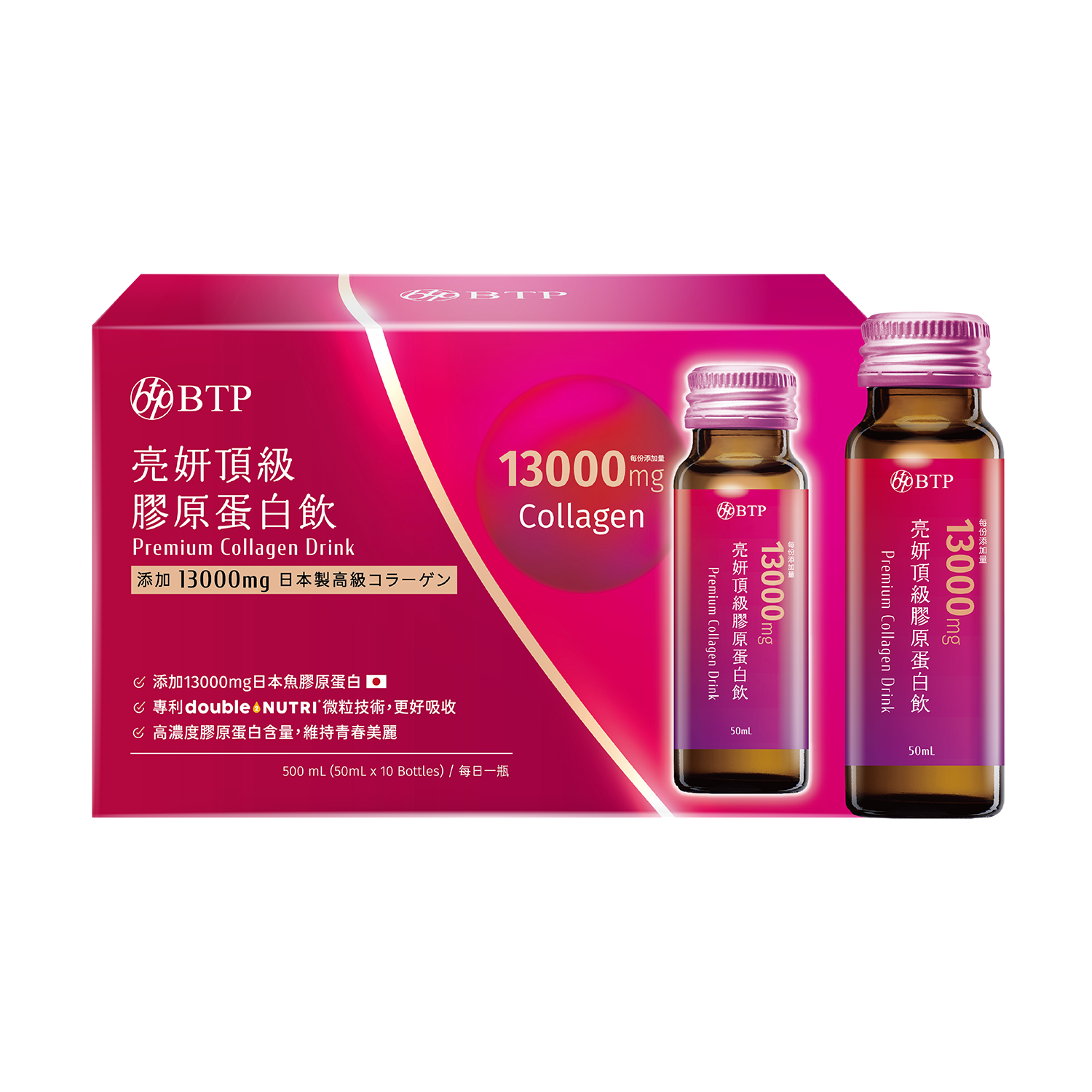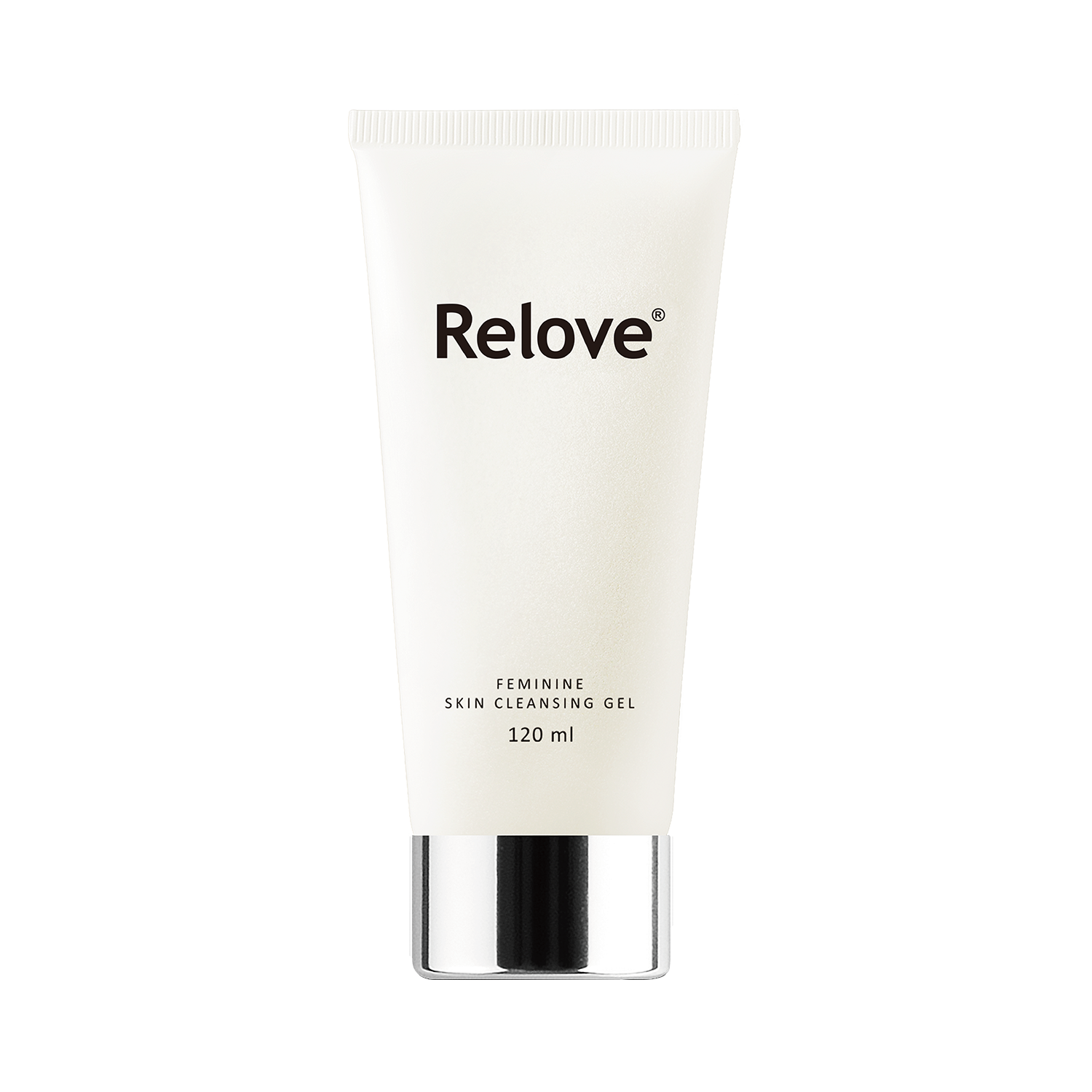幽門螺旋桿菌(Helicobacter pylori)
感染治療:
http://en.wikipedia.org/wiki/Helicobacter_pylori#Treatment_of_infection
In peptic ulcer patients where infection is detected, the normal procedure is eradicating H. pylori to allow the ulcer to heal. The standard first-line therapy is a one week triple-therapy. The Sydney gastroenterolgist Thomas Borody invented the first triple therapy in 1987. Today the standard triple therapy is amoxicillin, clarithromycin and a proton pump inhibitor such as omeprazole–though sometimes a different proton pump inhibitor is substituted, or metronidazole is used in place of amoxicillin in those allergic to penicillin. Such a therapy has revolutionised the treatment of gastric ulcers and has made a cure to the disease possible, where previously symptom-control using antacids, H2-antagonists or proton pump inhibitors alone was the only option.
Unfortunately, an increasing number of infected individuals are found to harbour antibiotic-resistant bacteria. This results in initial treatment failure and requires additional rounds of antibiotic therapy or alternative strategies. For resistant cases, a quadruple therapy may be used. Bismuth compounds are also effective in combination with the above drugs. For the treatment of clarithromycin-resistant strains of H. pylori the use of levofloxacin as part of the therapy has been recommended. ...
